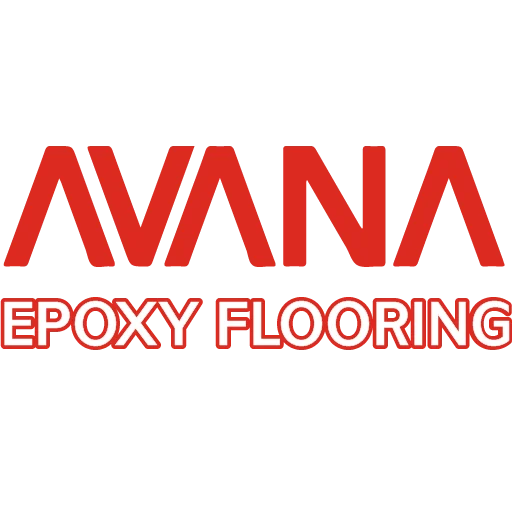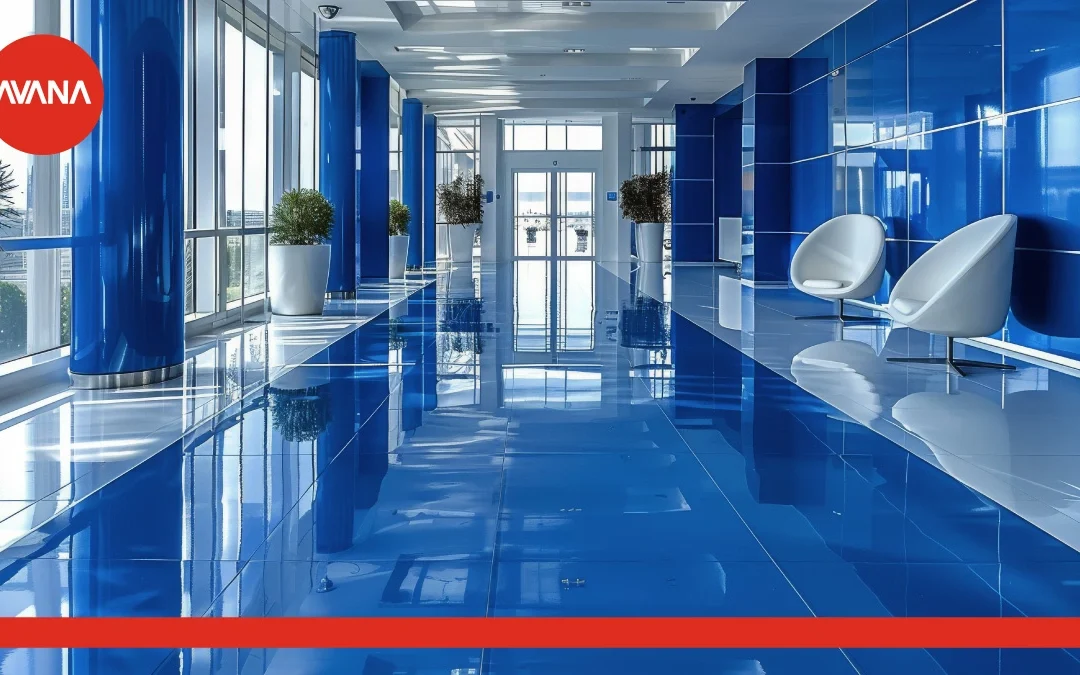Epoxy resin (Let’s call it just epoxy from now on) is a durable material with a variety of applications in protective coatings and fillers. A common question people ask is “When should you not use epoxy?”
The answer is areas where food is present, outdoors where UV lights are used, high-temperature settings, spaces with restricted airflow, and large-scale productions. Although it is rare, you should be aware that epoxy can cause problems for individuals with allergies or sensitivities to the material.
In this article, we’ll explore the benefits of epoxy flooring and also pinpoint situations where it may not be the best solution.
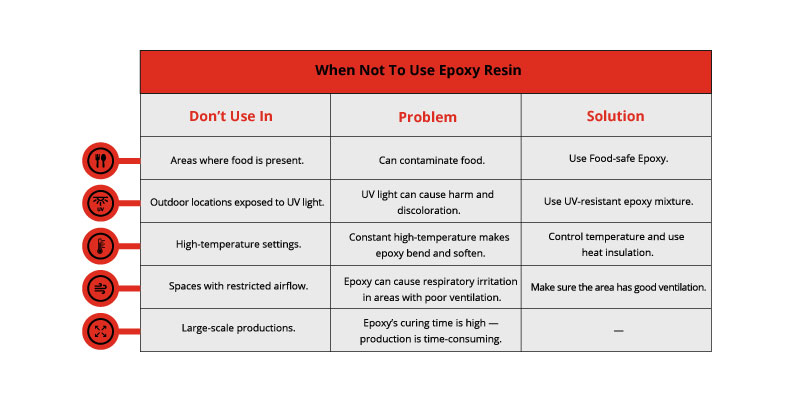
Environments with Food Contact
A healthy body is far more important than a beautiful house! Whether an epoxy coating can come into direct contact with food or not depends on the chemical composition of the products used to make it. There are many brands and formulations of epoxy on the market, but not all are safe for food contact.
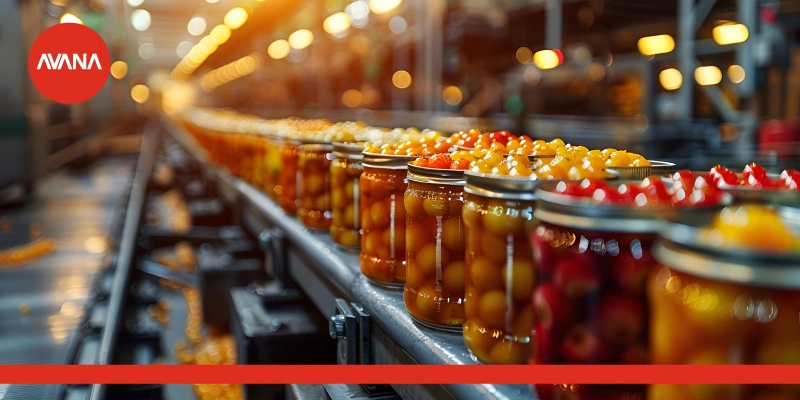
For Outdoor Projects Can’t Handle UV Light Exposure
Epoxy can get discoloration when it is exposed to UV light, and in the long term, it might not seem as shiny as it used to be. If you are planning on outdoor projects like garden furniture or decorative pieces, standard epoxy is not recommended, but by mixing certain materials with standard epoxy, you can create UV-resistant epoxy for outdoors.
Epoxy Hold Against Heat?
Epoxy can withstand moderate heat, but when exposed to constant high-temperature conditions, it is prone to softening and bending. If you want to use it near ovens, engines, or anything else that gets super hot, we recommend that you use control the temperature and make sure the heat is not constantly directed towards the epoxy coating.
Can Epoxy Cause Health Issues?
You should consider proper ventilation if you use epoxy in your rooms or projects. Epoxy is known for being mildly irritant and can cause complications in people with respiratory conditions and poorly ventilated environments.
Some individuals may be allergic or sensitive to the components of epoxy or the curing agents. Appropriate ventilation and protective equipment like gloves can reduce risks.
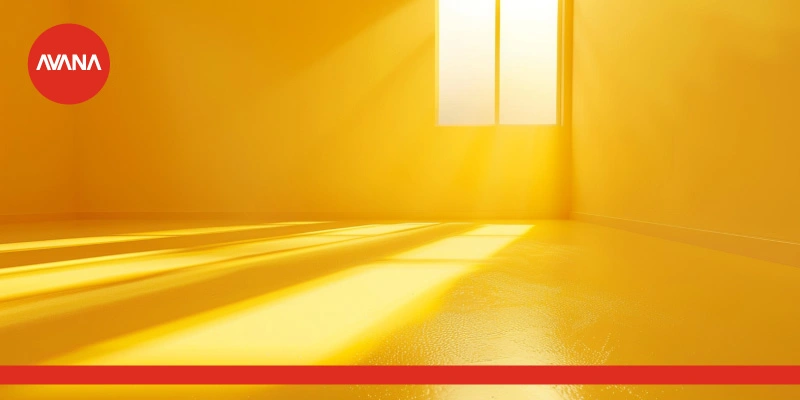
In Large-scale Production
While epoxy is excellent for small-scale projects, its application can be time-consuming and may not be ideal for large-scale or mass-production scenarios. Consider factors such as production time, labor costs, and curing time when evaluating materials for such projects.
Projects like epoxy garage flooring are straightforward because garage environments are relatively stable and not damaging for epoxy. However, for more sensitive coatings and conditions, choosing a high-quality resin ensures a lasting and attractive look. If you’re uncertain about using epoxy or considering other materials, we also explore alternative options:
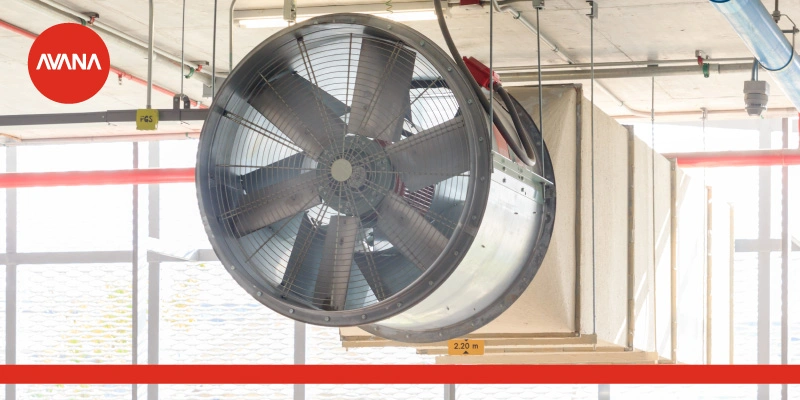
Exploring Alternative Materials
If you are considering using a material apart from epoxy, we suggest polyurethane and acrylic as excellent alternatives that can compete with epoxy in both beauty and durability. There are many other choices — each with unique advantages and properties. Materials such as metal, plastic, and latex are commendable options based on the details of your project. It’s better to weigh the advantages and disadvantages of each material before making a decision.
Is Epoxy Resin Food Safe?
Some types of epoxy brands have toxic chemicals in them and many may not even have warning labels on them. However, food-safe brands are also available on the market. Food-safe epoxy won’t release harmful chemicals into your foods or ingredients. If you’re going to use epoxy for a kitchen project, choose a high-quality, safe brand for your health.
Making the Right Choice For Epoxy Projects
Ultimately, the decision to use epoxy resin should be based on a careful evaluation of your specific requirements and limitations. By understanding the scenarios where epoxy may not be the optimal choice, you can make informed decisions and explore alternative materials suited to your needs. Remember, proper research and safety precautions are crucial when working with any material, including epoxy resin. Don’t hesitate to consult professionals or seek expert guidance if you’re unsure about the suitability of epoxy resin for your project.
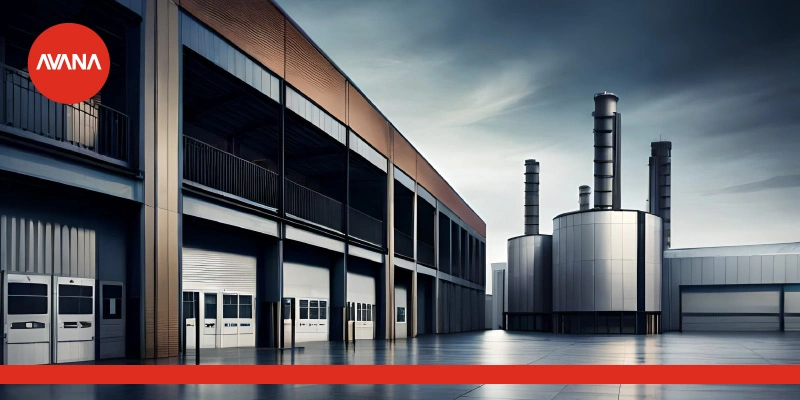
FAQ
When Should You Not Use Epoxy?<br />
Epoxy is a versatile material, but you should know that it might cause issues in these conditions:
- Areas where food is present.
- Outdoor locations exposed to UV light.
- High-temperature settings.
- Spaces with restricted airflow.
- Large-scale productions.
- For people allergic and sensitive to epoxy.
Is It Safe To Use Epoxy Resin Indoors?<br />
Epoxy is a great choice for indoor areas in homes or garages These spaces are excellent candidates for epoxy flooring or coating, as these areas typically do not have high foot traffic or heavy objects moved on them.
When Should I Use Epoxy?<br />
If you have stable environments, like indoor areas, and you want to give them a fresh look while providing lasting protection, consider using epoxy. Epoxy resin is a durable material commonly used in coatings, flooring, and fillers that offers versatility and allows for creative decorating. The best thing about epoxy being economical while it brings all those amazing benefits to your spaces.
What Should You Not Use Resin On?<br />
Sponge-like surfaces like wood or low-quality concrete are not suitable substrates for epoxy. These types of spongy surfaces have tiny holes through which may absorb the epoxy you put on them.
Can You Put Anything in Resin?<br />
When starting a new epoxy project, you have a great leeway in using materials in it. Natural elements like wood, flowers, leaves and other materials like metal, clay, wood, powders and glitters can be put on epoxy with successful outcome. But you still want to be careful and experiment to see if the end result is optimal. So, Before you embed anything in your resin projects, make sure to test small samples.
